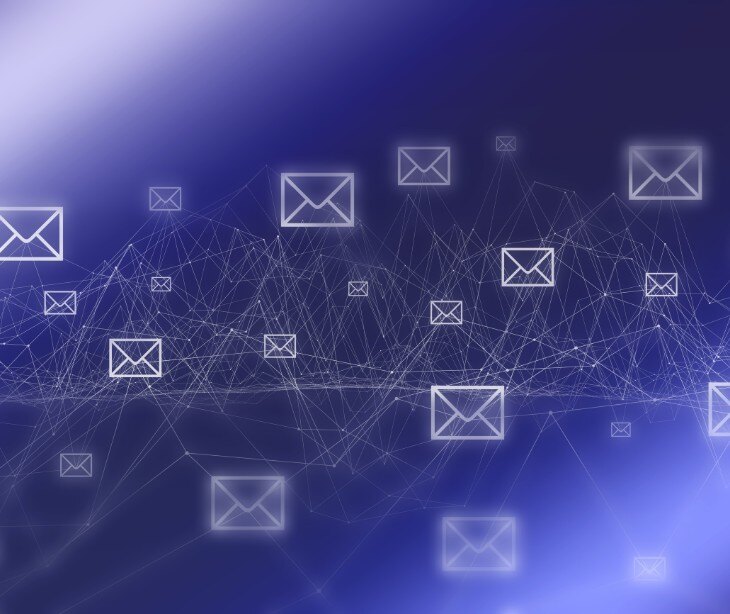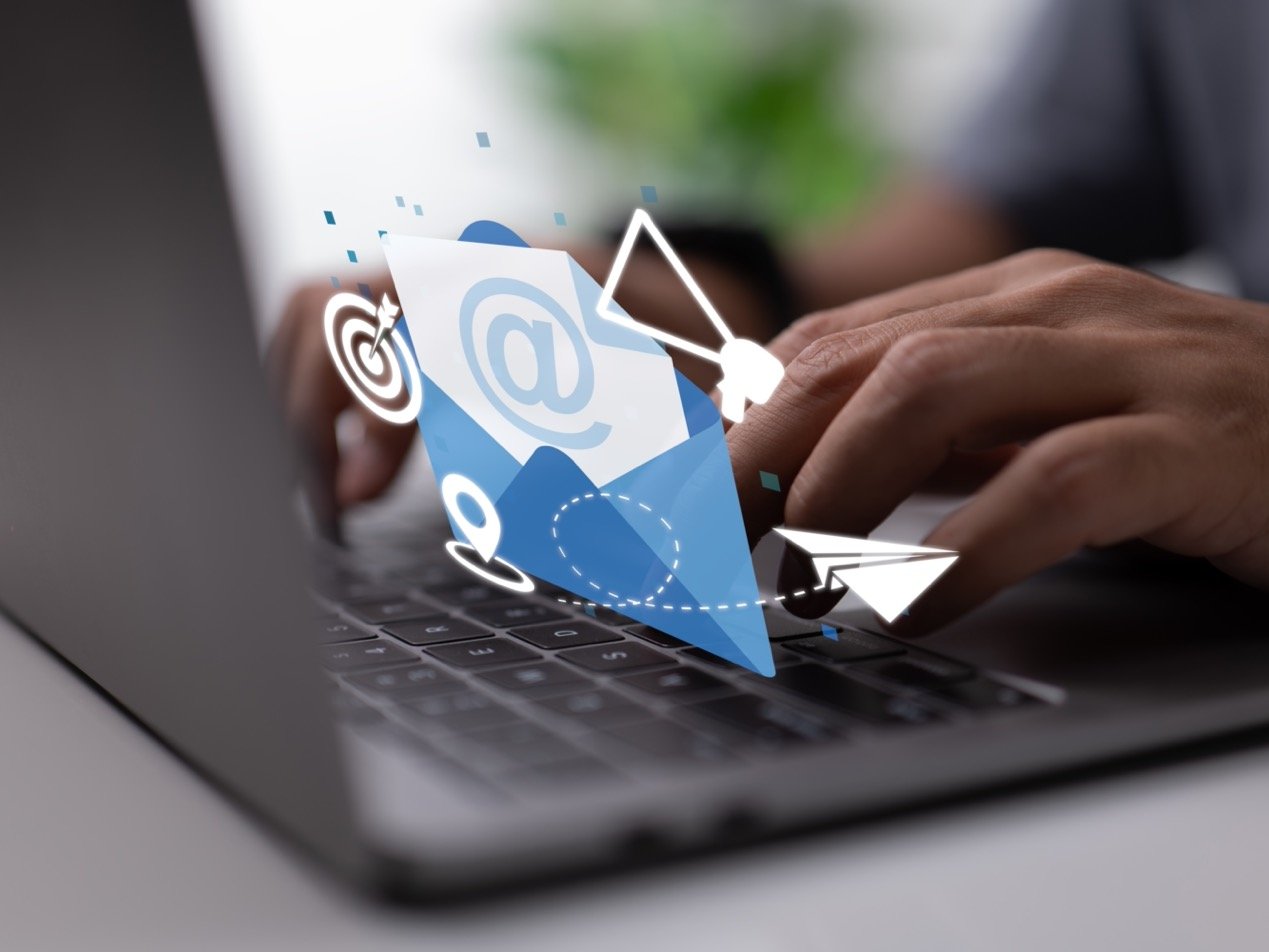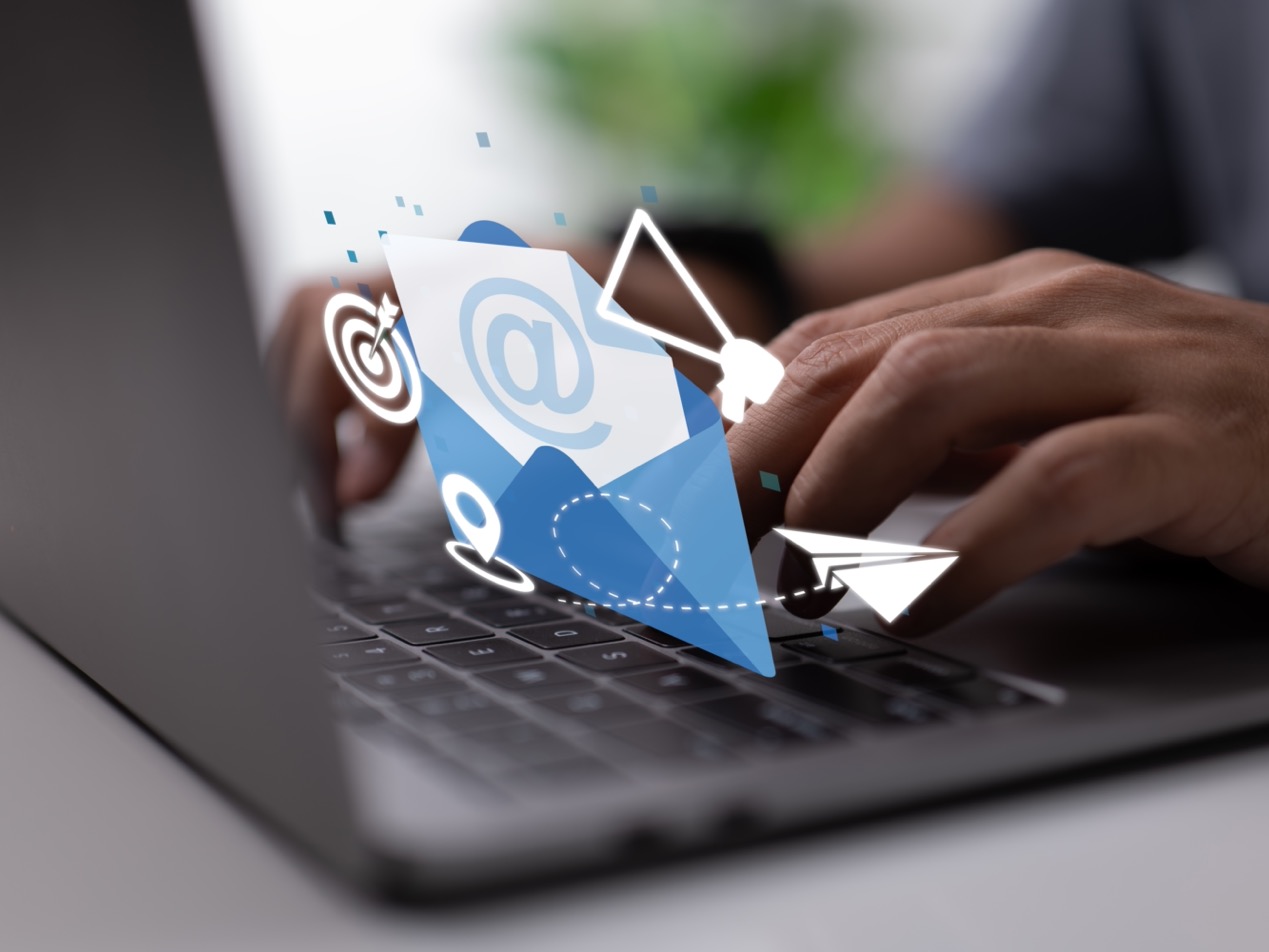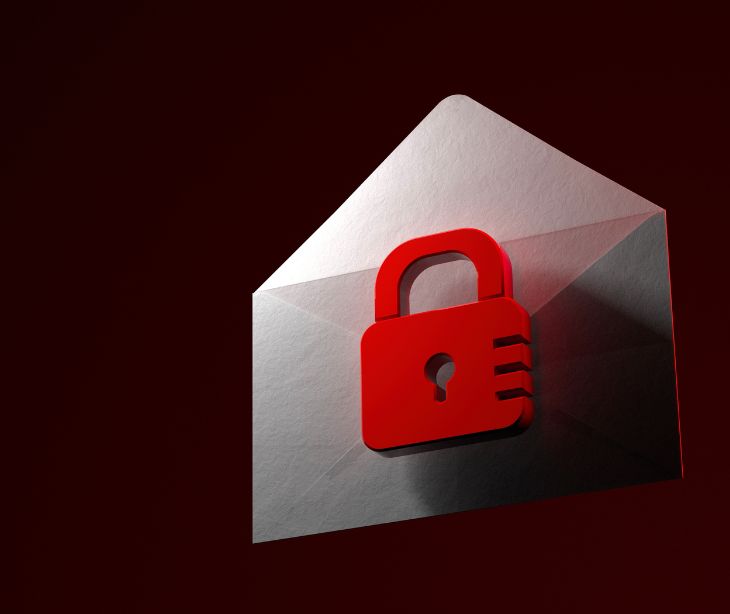
Cyber hygiene in email communication refers to practices and habits that ensure the safe and secure use of email to protect sensitive data, systems, and personal information from cyber threats.
Email as vector
“Email as the source of an attack decreased from 22.9% in 2022 to 18.1% in 2023,” says Definitive Healthcare. This demonstrates an improvement in implementing cyber hygiene practices in healthcare organizations. However, it also indicates that email can still be used as a vector to deliver a cyberattack.
Read also: Common cyberattack vectors
Cyber hygiene practices in email communication
Use strong and unique passwords
- Employ passwords with a mix of letters, numbers, and special characters.
- Avoid reusing passwords across multiple platforms.
- Enable two-factor authentication (2FA) for additional security.
Learn more: 5 Steps to improve password security in healthcare
Be cautious of phishing attempts
- Verify the sender's email address, especially if the message seems suspicious or requests sensitive information.
- Avoid clicking on links or downloading attachments from unknown or untrusted sources.
- Look for red flags such as grammatical errors, urgent requests, or unsolicited offers.
In the news: Linus Tech Tips X (Twitter) account hacked, again
Encrypt sensitive communications
- Use email encryption tools to secure messages containing sensitive information.
- In healthcare and other regulated industries, ensure compliance with standards such as HIPAA for email communication.
Avoid public Wi-Fi for email access
- Access email accounts over secure networks or use a virtual private network (VPN) when on public Wi-Fi.
Regularly update software and email clients
- Keep operating systems, antivirus software, and email applications up to date to protect against known vulnerabilities.
Educate and train users
- Conduct regular cybersecurity awareness training for employees to recognize threats and follow best practices.
- Create a culture of vigilance where users report suspicious emails.
Implement spam filters and security tools
- Use email filters to detect and block spam, phishing attempts, and malicious attachments.
- Employ tools like Domain-based Message Authentication, Reporting, and Conformance (DMARC) and Sender Policy Framework (SPF) to prevent email spoofing.
Limit sharing of personal email addresses
- Use different email addresses for personal and professional communication.
- Be cautious about sharing your email address on public platforms.
Delete suspicious emails immediately
- Do not reply to or engage with phishing emails; report and delete them.
- Avoid opening emails marked as spam or those from unknown sources.
Backup emails regularly
- Ensure that important emails are backed up securely to prevent loss in case of an attack or accidental deletion.
Benefits of practicing cyber hygiene in email communication
- Reduced risk of data breaches: Prevent unauthorized access to sensitive information.
- Improved compliance: Meet regulatory requirements in industries like healthcare and finance.
- Enhanced productivity: Minimize disruptions caused by cyber incidents.
- Protecting reputation: Safeguard against the reputational damage of cyberattacks.
Using Paubox
Paubox Email Suite is a robust, HIPAA compliant email platform designed to streamline secure communication while automatically implementing several key cyber hygiene practices. By using seamless encryption, Paubox ensures that all email messages are securely transmitted without requiring recipients to log into portals or use additional passwords. Its built-in spam filters proactively identify and block malicious emails, reducing the risk of cyberattacks. Paubox also supports two-factor authentication (2FA) to enhance account security and employs domain protection protocols like DMARC and SPF to prevent email spoofing. These automated features make it easier for organizations, especially those in healthcare, to maintain high standards of email security and regulatory compliance without requiring manual intervention.
See also: Top 7 things you didn't know about Paubox Email Suite
FAQs
Why is cyber hygiene important for email communication?
Poor email practices can lead to data breaches, financial losses, and reputational damage. Good cyber hygiene helps prevent these risks.
What types of email attachments are most likely to contain malware?
File types like .exe, .zip, .scr, .js, and .docm are common carriers of malware. Be cautious with these formats.
What is the risk of using the same email for multiple accounts?
If your email is compromised, attackers can access linked accounts, leading to identity theft or data breaches.
Subscribe to Paubox Weekly
Every Friday we'll bring you the most important news from Paubox. Our aim is to make you smarter, faster.



